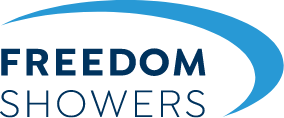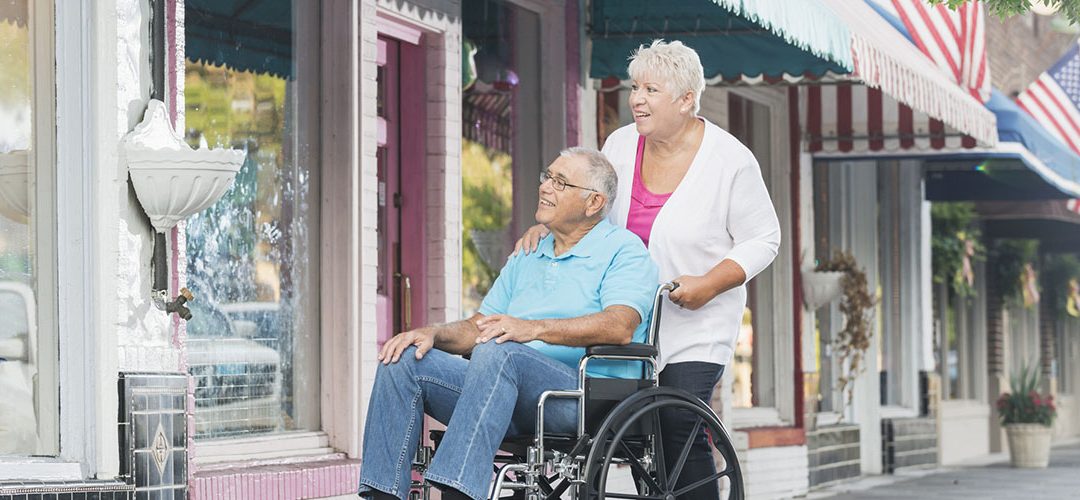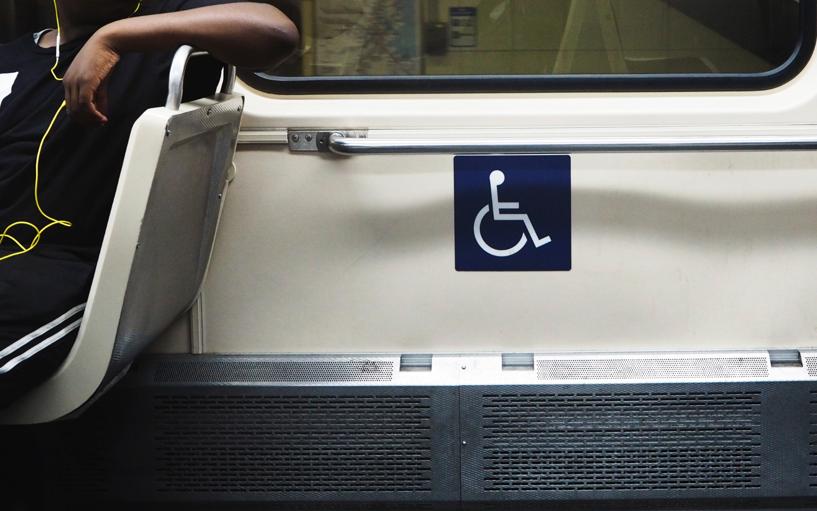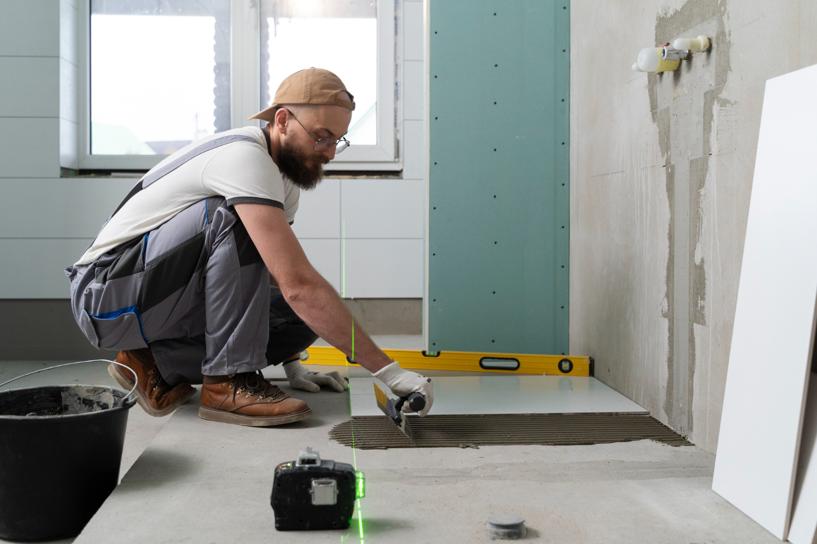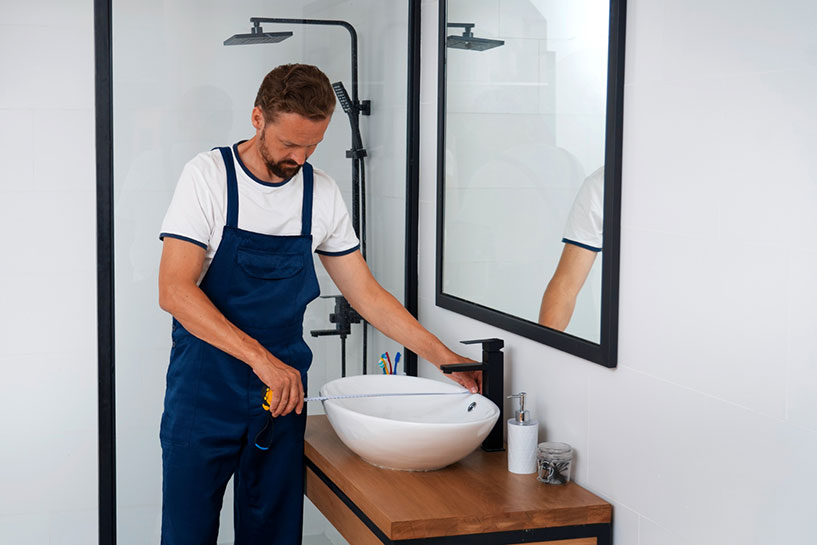People with disabilities are more active and living more independently in their communities as a result of the Americans with Disabilities Act (ADA). The ADA is a federal law requiring most businesses open to the public, regardless of size, to provide reasonable access for all disabled persons. Keep reading for ideas on Small business funding for ADA compliance modifications.
In the past, persons with disabilities were prevented from participating in everyday activities due to inaccessibility; together with their families, they want to visit establishments that welcome people with disabilities. Once persons with disabilities find such businesses, they tend to become repeat customers.
According to the US Census Bureau”, …approximately 71.5 million baby boomers will be over age 65 by the year 2030 and will be demanding products, services…” that meet their physical needs.
Losing Business
People with disabilities continue to deal with access barriers, making it incredibly difficult to enjoy many services. The principal reason: small business owners tend to perceive the cost of access improvements as too expensive; this is a common misunderstanding. As a result, businesses are losing business from a market segment of more than 57 million Americans.
Below are the most common accessibility issues:
- No wheelchair access to the building
- Lack of access within the building
- Lack of signs to accessible doors
- Not enough space to navigate wheelchairs
- No ramps and grab bars
Your company could run into trouble, including fines, if it is not ADA compliant. Business owners need to think about how their businesses accommodate people who have disabilities. Providing access to the property, as well as an accessible path to other areas governed by the Act, is the building owner’s responsibility.
Additionally, for those businesses that conduct sales online, ensuring that your site is accessible to people with hearing or vision, impairments is an additional consideration.
The Good News
Small businesses can find financial resources available to make their businesses accessible and compliant with ADA Federal regulations.
Tax incentives
The IRS offers two tax incentives to help small businesses remove access barriers.
#1 TAX CREDIT
The tax credit set up to help small businesses cover ADA-related “eligible access expenditures” can be found in Section 44 of the Internal Revenue Code. The tax credit can be used for equipment acquisitions, architectural adaptations, and services.
A credit of up to $5,000 is available to small businesses; they may use this credit to offset expenses related to improving accessibility, including:
- Barrier Removal – i.e., installing a wheelchair lift or widening a doorway
- Provision of Accessibility Services – i.e., ASL interpreters
- Materials in Alternative Formats Provision – i.e., large print, Braille, and audio
- Fees for Consulting Services
This credit can only be applied to modifications to existing facilities required to comply with the ADA – it cannot be used towards new construction.
#2 TAX DEDUCTION
A tax deduction up to $15,000 per year was also set up under Section 190 of the Internal Revenue Code. Businesses can take a deduction for the cost of removing transportation or architectural barriers.
COMBINATION of TAX INCENTIVES
Small businesses can use both incentives together. However, unused credit cannot be carried over into the next year.
ANNUAL INCENTIVES
Both the tax deduction and tax credit can be used every year.
Americans with Disabilities Act (ADA)Grants
There are 5 Americans with Disabilities Act (ADA) grants available to public entities, local governments, and individuals. These grants provide funding to help ensure access to public facilities. The grants offer many other benefits that augment Social Security Disability (SSD) or Supplemental Security Income (SSI) income. Guide to Applying.
Christian Fund for the Disabled
Synagogues, churches, mosques, and other religious organizations are not considered public accommodations. Although religious organizations are exempt from ADA compliance, The Joni and Friends Organization have established a grant that provides a one-time matching grant up to $2,500 to qualifying individuals and churches or Christian organizations with a disability-related need. These funds can be used to add wheelchair lifts or ramps, retrofit restrooms, and widen doorways, etc.
Pathways, a Chicago-based non-profit, awards grants through their Open Hearts and Junior Open Hearts Awards up to $1000 to religious schools and houses of faith across the US for many projects, including accessibility,
Public Accommodations
A public accommodation is any establishment or organization that proffers goods/services to the public. Federal and state laws recognize that it is everyone’s right to enjoy the goods and services of public accommodations.
There are two types of public accommodations:
- government-owned and operated organizations
- privately-owned and operated businesses
These include:
- Benefit programs
- Courthouses
- Libraries
- Hotels
- Post offices
- Restaurants
- Transportation services
- Theaters
Non-Public Accommodations
The law interprets public accommodations to be almost any business that is open to the public.
Places of worship are typically not considered public accommodations. However, when the religious facility is rented out for non-religious purposes, it becomes a public accommodation during that period.
Any club that requires dues or memberships is considered a public accommodation.
Capital and Training Assistance Program
A particular program that helps provide disabled individuals access to bus transportation is The Capital and Training Assistance Program for Over-the-Road Bus Accessibility. Grants range $25,000–$180,000, and the award period is available for three years. These grants are only available to private bus companies.
The monies may be applied to:
- Retrofitting old buses, i.e., installing a wheelchair lift
- New handicapped-accessible buses
- Maintenance and staff sensitivity training
For information and to apply visit: Federal Transportation Administration website.
The above resources should be researched and verified. Often any funding available will also come with requirements. It’s important to understand the requirements before making a purchase. Researching grants can take a lot of time, but can sometimes pay off.
At Accessibility Professionals, we sell quality products to help businesses of all sizes create accessible spaces for all visitors. Visit Freedom Lift Systems to find a commercial wheelchair lift that will make your small business wheelchair accessible. We also sell ADA desks and worktops, and ADA pool lifts.
Freedom Showers makes and supplies ADA roll-in showers, ADA shower seats and Grab Bars to help make bathrooms user-friendly and ADA Compliant. For more information, contact us or shop online.
